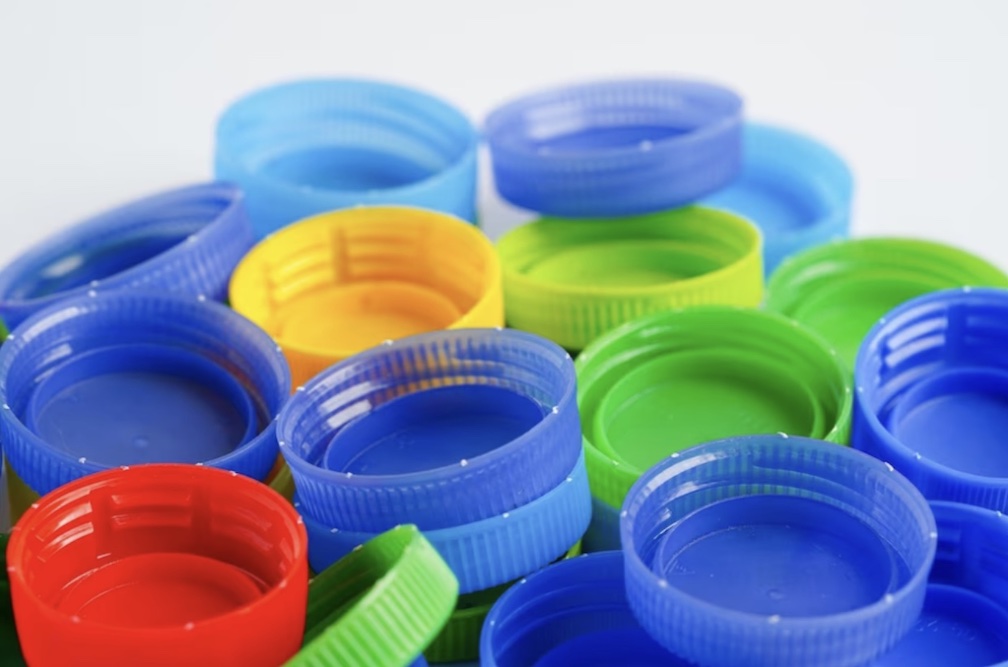The Latest Advances in PP Resins for Beverage Cap Applications
- Written by Modern Australian

PP (polypropylene) is one of the most versatile and popular plastics in use today. It is widely used in packaging applications, including for beverage caps, due to its excellent mechanical properties and thermal stability. Beverage caps made from PP resins are cost-effective, lightweight, and easy to produce, making them a preferred choice for manufacturers around the world.
In this article, we will provide a comprehensive guide to PP resins for beverage caps, including their properties, benefits, and applications.
Properties of PP Resins for Beverage Caps
PP resins are a type of thermoplastic polymer that is highly resistant to heat, impact, and chemicals. This makes them ideal for use in beverage caps, which need to withstand the rigors of packaging, transportation, and storage. The key properties of PP resins for beverage caps include:
High stiffness and impact resistance: PP resins have a high modulus of elasticity, making them stiff and strong. They are also highly resistant to impact, making them ideal for use in caps that need to withstand the forces of handling and transportation.Excellent thermal stability: PP resins have a high melting point and are highly resistant to heat, making them ideal for use in hot-filled or pasteurized beverages.
Good chemical resistance: PP resins are highly resistant to chemicals, including acids and bases, making them ideal for use in packaging applications where the contents may be acidic or alkaline.
Good sealability: PP resins can be easily heat-sealed, ensuring a tight seal between the cap and container.
Benefits of PP Resins for Beverage Caps
The use of PP resins for beverage caps offers several benefits, including:
Cost-effective: PP resins are relatively inexpensive, making them a cost-effective option for manufacturers.Lightweight: PP resins are lightweight, reducing the overall weight of the packaging and lowering transportation costs.
Easy to produce: PP resins are easy to produce, with a range of production methods available, including injection molding, compression molding, and extrusion.
Recyclable: PP resins are highly recyclable, making them an environmentally-friendly option for manufacturers and consumers.
Applications of PP Resins for Beverage Caps
PP resins for beverage caps are used in a range of applications, including:
Bottled water: PP resins are commonly used in the production of caps for bottled water. The caps need to withstand the rigors of transportation and storage, and PP resins offer excellent mechanical and thermal properties.Carbonated beverages: Carbonated beverages require a high level of scalability to prevent carbonation loss. PP resins offer good sealability and are highly resistant to gas permeation, making them ideal for use in caps for carbonated beverages.
Juices and other beverages: PP resins are also commonly used in caps for juices and other non-carbonated beverages. The caps need to be able to withstand the acidity of the contents, and PP resins offer good chemical resistance.
Pharmaceuticals: PP resins are also used in the production of caps for pharmaceuticals. The caps need to be tamper-evident and hermetically sealed, ensuring the contents remain sterile and safe for use.
Conclusion
The use of PP resins for beverage caps is a popular choice for manufacturers due to its excellent properties such as high clarity, stiffness, and durability. PP resins are also eco-friendly and can be recycled, reducing the environmental impact of plastic waste. With the increasing demand for sustainable products, PP resins for beverage caps are expected to continue to gain popularity in the market. However, it is important for manufacturers to carefully choose the appropriate type and grade of PP resin for their specific application to ensure optimal performance and safety.



















